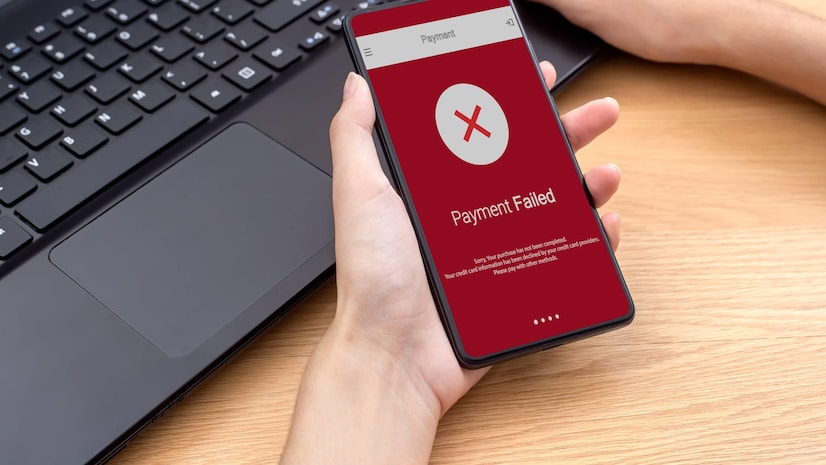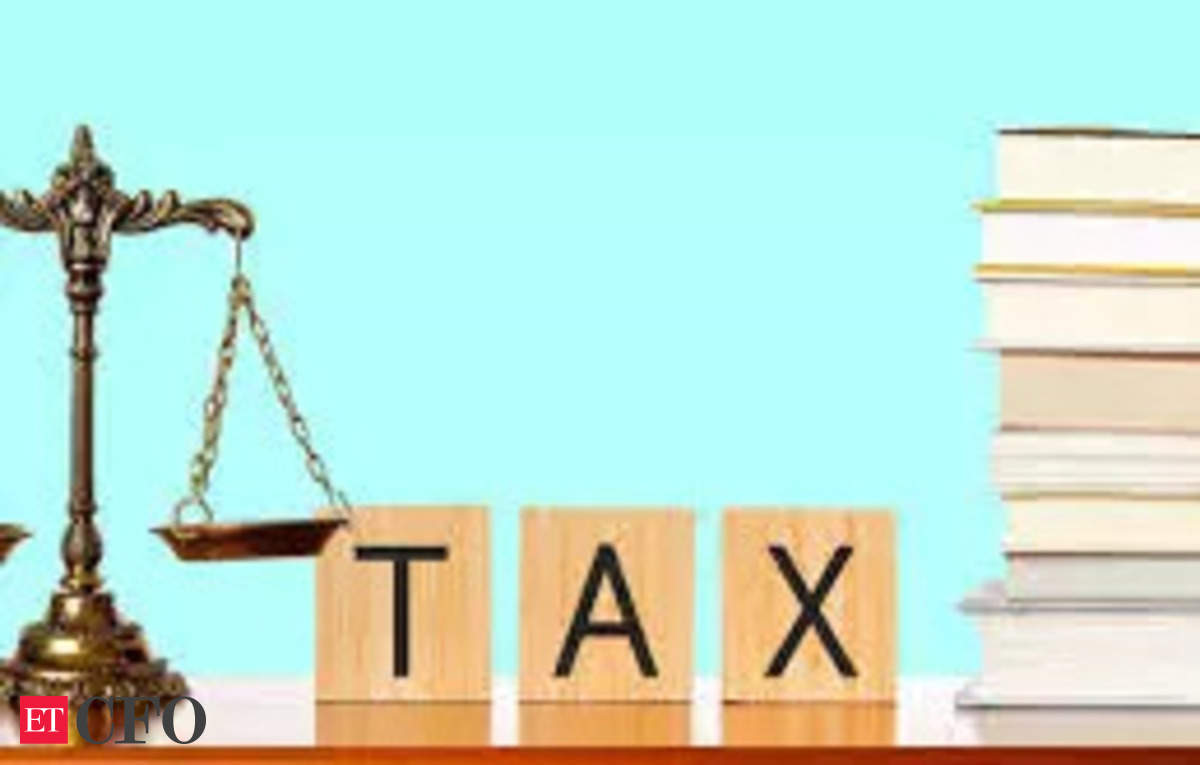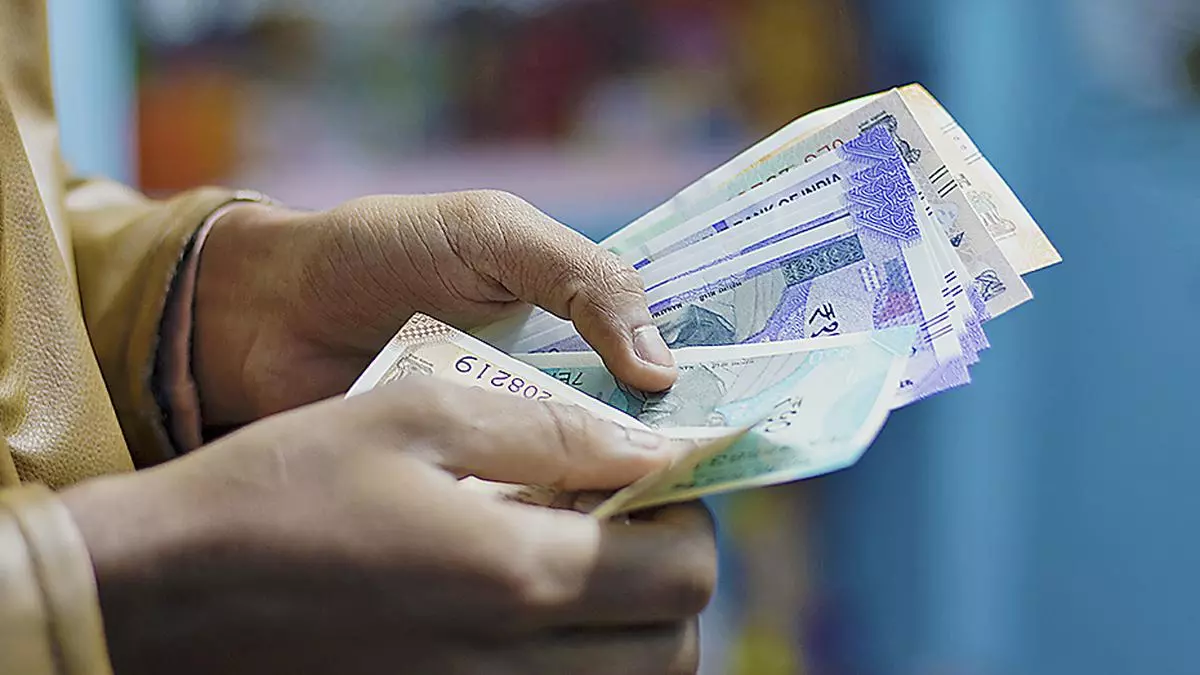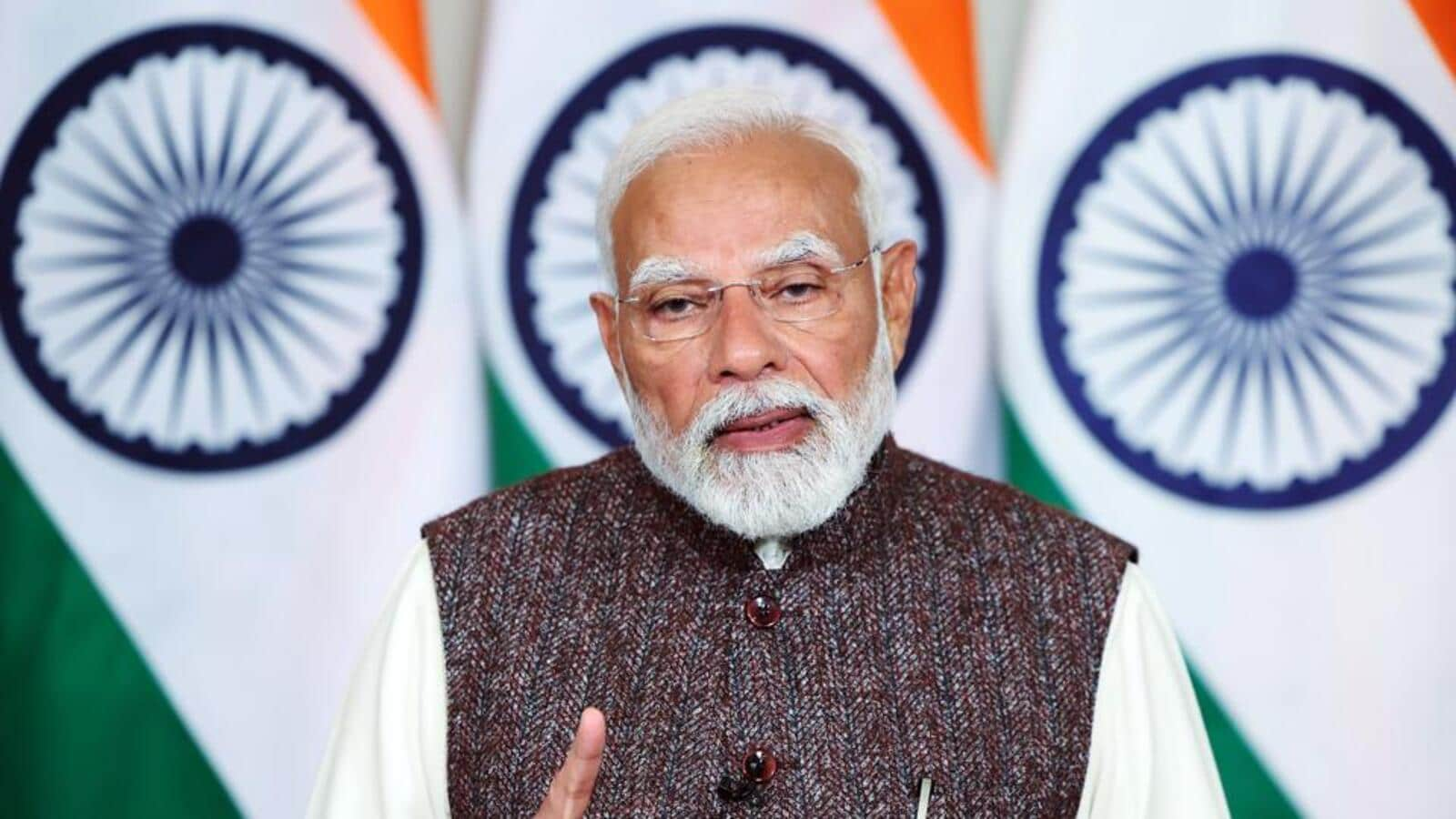When your account is frozen, you can’t withdraw or transfer money. You can still see your account, but you can’t do much with it. Photo: Shutterstock
India’s main opposition party, the Congress, cannot access its money, and that too right before the Lok Sabha elections. The candidates are about to start filing their nominations, but the party’s bank accounts are frozen.
Late filing of returns
The Congress has 11 accounts in different branches of Bank of Baroda, Canara Bank, Punjab National Bank and the State Bank of India in Delhi. The party has not been able to withdraw money from any of these banks since the election campaign started.
Picture this: You forgot to pay taxes on some money you received last year. That is what happened to the Congress party. They were supposed to report some donations, but they didn’t do it on time. Now, they owe extra money like a late fee. The party says they are trying to fight it in court, but it’s taking time. This is a problem because elections are coming up soon. Normally, parties save money for campaigning but because of this tax issue, the Congress party can’t access all their money.
What does it mean when an account is frozen? This could happen to anyone if they’re not careful. Discovering your bank account is frozen can be a shock, especially if you find out when trying to pay for groceries or getting cash for a trip.
When your account is frozen, you can’t withdraw or transfer money. You can still see your account, but you can’t do much with it.
There are two main reasons why a bank account in India might be frozen:
Legal disputes: If there’s a legal case against an account holder, a court order can freeze the account to prevent them from accessing the funds. This could be for reasons like debt collection, tax issues, or criminal investigations.
Suspicious activity: Banks can also freeze accounts if they suspect suspicious activity, like money laundering or fraud. This is done to prevent further financial crimes and allow the bank to investigate.
Business Standard explains all the reasons for a bank account freeze:
According to a report by Axis Bank, when a bank freezes your account, it’s often because there’s an issue with your account or someone has a legal judgment against you for unpaid debts. Despite the freeze, you can still see what’s happening in your account and receive deposits like your salary. However, any money deposited during the freeze will remain in the account. This halt affects withdrawals and transfers, including any scheduled payments for bills or subscriptions, meaning these payments may fail.
Suspicious or illegal activity
Banks are empowered to freeze accounts if they suspect illegal activities. Following events like the September 11 attacks in the US, banking regulations tightened to prevent criminal entities from using financial systems for their operations. Banks watch for and report suspicious activities, such as money laundering or terrorist financing, leading to account freezes. If you’re depositing a large sum, like lottery winnings, inform the bank to avoid misunderstandings. Regularly writing cheques when you know the funds are insufficient can also trigger a freeze due to suspected fraud.
Unpaid debts to creditors
Your account can be frozen if you owe unpaid debts. Creditors must obtain court approval before freezing your account, following a process that includes notifying you of the lawsuit and the judgment against you. If your loan accounts are with the same bank, the lender may directly access your accounts to settle defaulted loans without additional court actions.
Impact of an account freeze
A frozen account restricts your access to funds, stopping cash withdrawals and scheduled payments. This can lead to overdraft fees if your account goes negative, affecting your financial standing.
Overdraft and non-sufficient funds fees
Failed payments may incur non-sufficient funds (NSF) charges, reducing your balance or pushing your account into overdraft, which attracts additional fees and interest.
Credit damage
Legal judgments for unpaid debts can damage your credit score, with the judgment remaining on your credit file for seven years, impacting your future financial opportunities.
Account closure and possible legal action
Suspicious account activity can lead to account closure, leaving you without banking services and potentially facing fines or prosecution if illegal activities are suspected.
Axis Bank lists out steps that you can take if your bank account is frozen
1. Contact your bank: As soon as you become aware that your account is frozen, get in touch with your bank to understand why it has been frozen, the specific restrictions applied, and the necessary steps for resolution.
2. Stop outgoing payments: Inform any entities you have direct debits or standing orders with about the freeze to prevent any attempts to take payments. This can help avoid fees for failed transactions and gives you control over outgoing funds until the issue is resolved.
3. Address any mistakes: If the freeze is a result of a misunderstanding or incorrect information, present the necessary evidence to your bank to clarify the situation. If the freeze is due to unpaid debts, obtaining legal representation or advice might be beneficial.
4. Seek legal advice: Legal professionals can offer guidance on your rights and the best course of action, possibly including negotiating payment plans or contesting the freeze.
Do banks have the authority to freeze your account?
According to the Reserve Bank of India (RBI), banks have the authority to freeze accounts without prior permission from the account holder in cases of legal judgments, suspected illegal activity, or clerical errors. For instance, a bank might temporarily hold a deposit made in error.
It’s important to remember that while banks have mechanisms to detect and prevent fraud, these systems aren’t infallible. Misidentifications can occur, leading to unwarranted account freezes. Being proactive
Visit www.cagurujiclasses.com for practical courses











